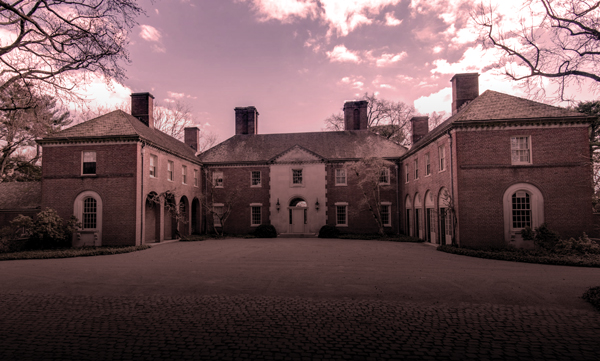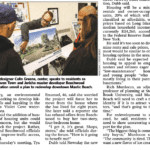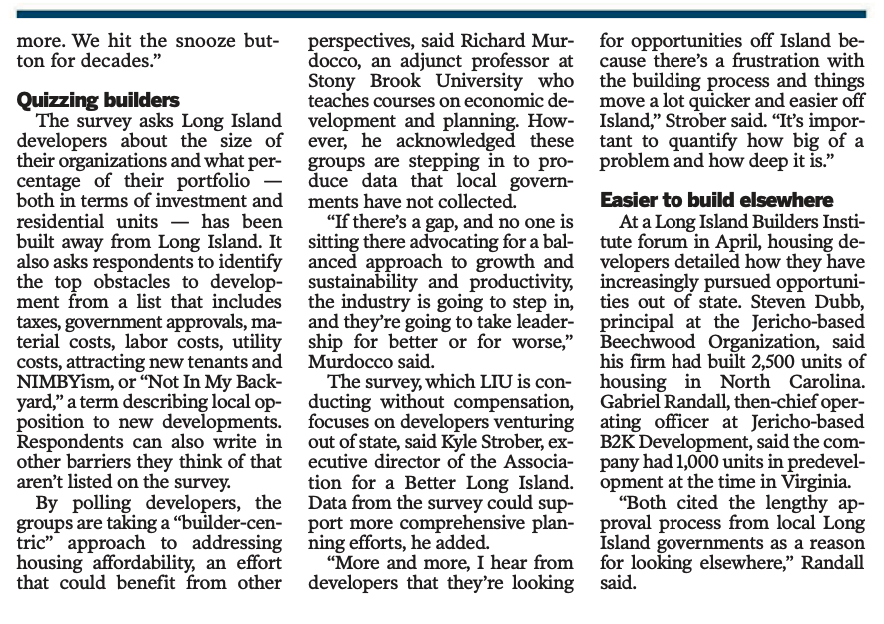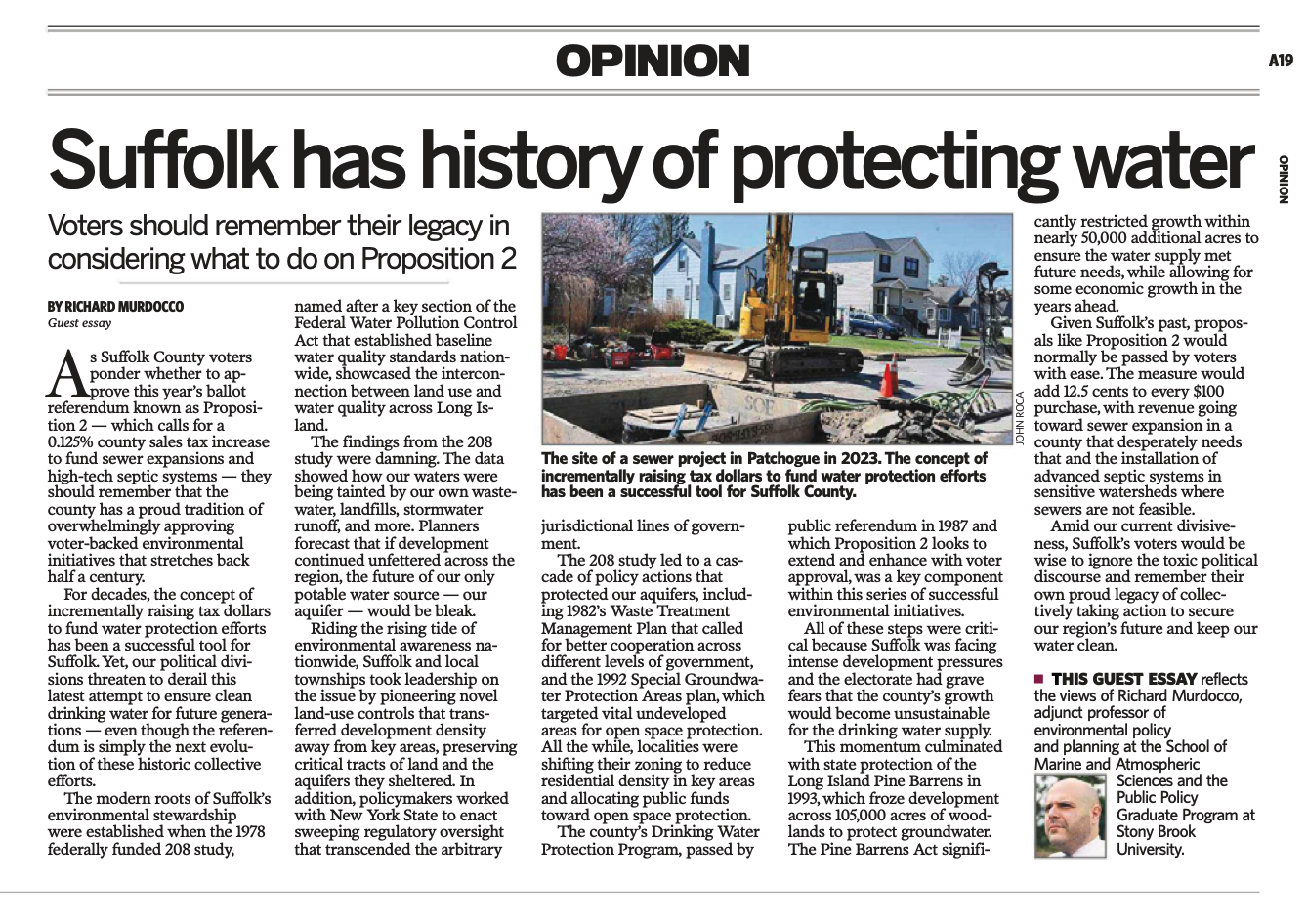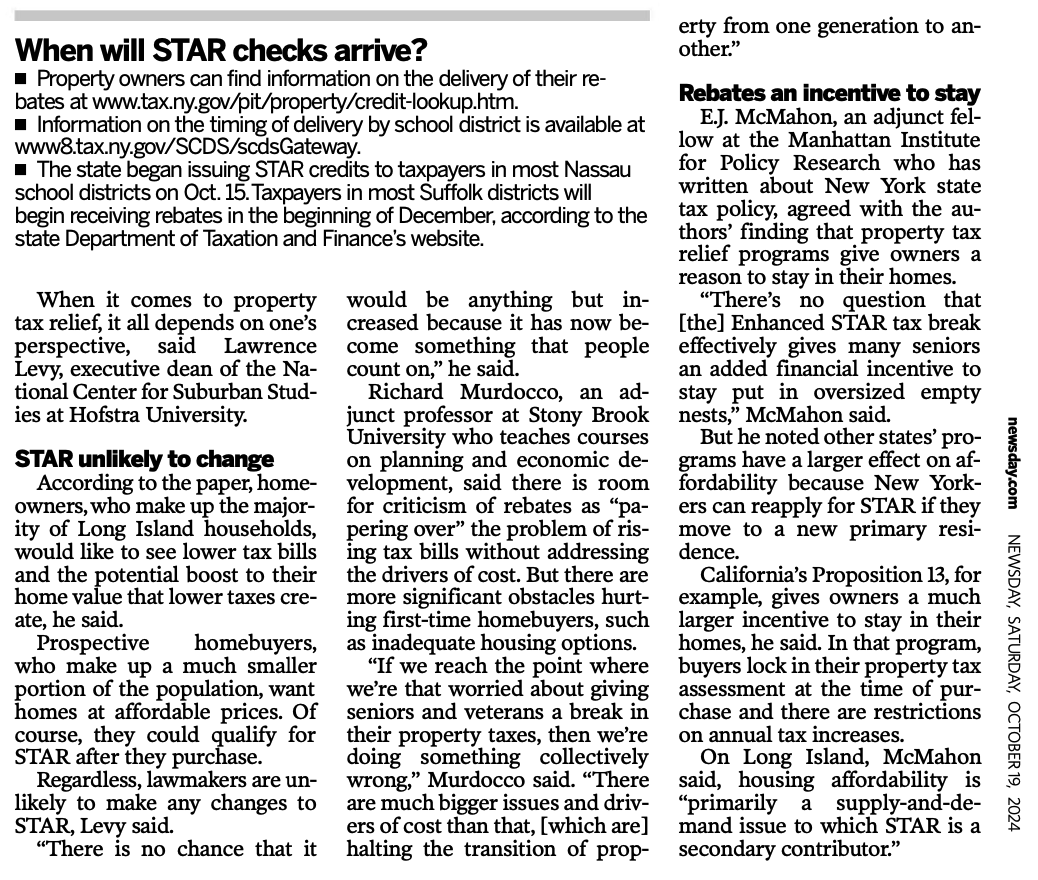The following appeared in the August 2019 Tri-State edition of The Real Deal. You can read the original version here.
Taxes and shifting buyer preferences keep dragging the luxury market down
By Richard Murdocco
The stretch of old-money communities that inspired F. Scott Fitzgerald’s “The Great Gatsby” seems to be losing its luster among buyers.
Across the “Gold Coast,” scores of multimillion-dollar listings have sat dormant for over a year, with a disconnect between buyers and sellers, as well as changing tastes, most to blame, according to industry experts.
“Sellers are anchored to another era and not matching what the market supports today,” said Jonathan Miller, the head of appraisal firm Miller Samuel. “As a result, many of these properties are languishing.”
During the second quarter, the top end of the market in the corridor in Nassau-Suffolk saw a slight acceleration in absorption, according to Miller. But product still moved at just half the rate of the Island overall.
“What’s unique about the market is the buyers hold the power, and that they’re not willing to come up,” Miller said. “Many of the sellers of these properties are linked to some other market that doesn’t exist.”
Top brokers along the Gold Coast said generational preferences are among the key reasons for expensive product sitting on the shelf.
“Most millennials want a house that is totally redone, in move-in condition and has low taxes,” said Christy Porter, an agent with Daniel Gale Sotheby’s International Realty. “Instead of buying one big house, millennials are now interested in buying two properties. They will buy a $2 million house with all cash, as well as a condo in Vail or Florida.”
Ann Conroy, president of Douglas Elliman’s Long Island division, said “Gatsby”-style estates simply don’t strike a chord with younger buyers today. “A $20 million or $30 million estate will never appeal to a millennial buyer. They like smaller properties, like to travel and are more into culture. I don’t think that too many high luxury, multi-acre estates demonstrate that.”
In Kings Point, a village within Great Neck, a 27,000-square-foot estate inspired by Versailles was listed for $35 million back in September. A month later, the seller boosted the price to $50 million. There were no takers then, and the home at 10 Spring Knoll is now back on the market at its original $35 million ask.
The estate has a wealth of competition nearby: Not far from the chateau sits an 11,000-square-foot contemporary estate on Horizon Way that has idled on the market since August 2018, when it was first listed for $20 million. The price was reduced to $16.5 million in January. Across the bay in Manhasset, a newly constructed 9,200-square-foot home has been price-chopped three times from its original $11.5 million down to $8.85 million. Two mansions in ritzy Sands Point have also seen successive price cuts since they were listed in 2018.
The sellers may have to cut even further to land a buyer, according to Miller, who called much of the pricing for the top 10 percent of homes on the market “aspirational.”
Jason Friedman, the Daniel Gale Sotheby’s agent selling 10 Spring Knoll, said Kings Point and its one- to-three acre lots are still generating significantly more buyer interest than the sprawling estates farther east. “Six-thousand-foot listings in areas like Great Neck … will not only often sell for the same prices as homes twice the size on double the amount of property farther east, but quicker as well,” he said, adding that Old Westbury, Lattingtown and Old Brookville have been particularly sluggish. “It’s not a move away from the more ornate properties but more so the land itself,” Friedman said. “There is much less demand than there was in the past.”
Uncertainty related to an ongoing tax reassessment, plus the limitation on state and local tax deductions, has further chilled buyer interest in the gilded estates on the North Shore, brokers said.
“All of a sudden, other states become more attractive in terms of lifestyle and lower taxes,” said Porter. “It’s a no-brainer for certain age groups close to retirement, or who have children that don’t use local schools.”
“Buyers are becoming more cautious,” Conroy noted, adding that the recent change to the SALT deduction has given people pause in higher-cost areas like Long Island. On some of the homes listed for sale, property taxes can go well north of $100,000 depending on the property’s size and structural footprint.
The market isn’t all gloom and doom, however, especially as price points approach levels that are a bit more down-to-earth for most buyers.
“Anything $1 million and up to $2 [million] that is close to town is still hot,” Conroy said, citing Manhasset in particular as an example due to its relative proximity and public transportation to New York City. Conroy stressed that while many perceive the Gold Coast as consisting of sprawling estates, that isn’t the case anymore. “The huge estates with multi-acreage were appealing for a while to some developers, but they don’t sell so frequently that you’d see a trend,” she said. “Most of the Gold Coast is not that, and is between $1 and $5 million. It’s all about price point.”
Porter agrees. “The listings we’re seeing are a reflection of luxury market with few buyers — if something is priced right at $3 million or under, it will sell,” she said. “But the higher the taxes, the tougher it is.”
James Kleimann contributed to this report.

